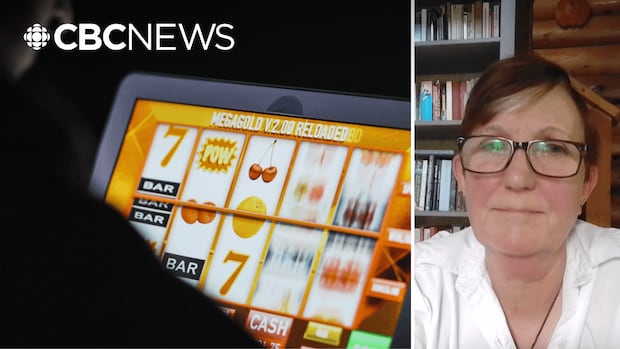A new report has found more young people in B.C. are turning to gambling and gaming with money in their spare time, as opportunities for online gambling have increased in Canada.
The McCreary Centre Society’s report used data from the 2023 B.C. Adolescent Health Survey, which was completed by over 38,200 youth between the ages 12 and 18, and focused on questions about gambling and gaming.
It shows 34 per cent of respondents said they had engaged in at least one of eight gambling or gaming activities for money — such as buying in-game items and betting on sports — in the year preceding the survey, which is conducted in B.C. every five years.
Since the society’s last report into the subject was released in 2021, the study noted there’s been an expansion of sports betting opportunities in Canada after the federal government legalized single-game sports betting for adults.
In addition, the report noted an increased awareness of online gambling, including gambling activities in gaming.
WATCH | Online gambling activity increased among B.C. youth, report finds: 
Online gambling activity seeing an increase among B.C. youth: report
A recent report from the McCreary Centre Society analyzed findings from the B.C. Adolescent Health Survey in 2023, which was completed by over 38,000 youth aged 12–18 in 59 of B.C.’s 60 school districts. Annie Smith, the report’s co-author, said online gambling activity had increased among youth since the last survey in 2018.
McCreary Centre Society executive director Annie Smith said the most popular activity among the survey group was using real money to buy items within video games, though she noted that data was not tracked in the 2021 report done by the society.
Smith said there was a decline in some forms of gambling, such as purchasing lottery tickets.
However, 20 per cent of youth said they had engaged in gambling activities specifically, a two per cent rise compared to the previous report.
“That includes online sports betting, which has doubled in the five years in between doing the surveys, and playing cards and dice online has more than doubled,” Smith said.
“We know that gambling is much easier for young people to access when it’s online.”
 Online sports betting activity had doubled in the five years between the 2018 and 2023 B.C. Adolescent Health Surveys, according to Smith. (Abrahams/CBC/Shutterstock/Wpadington)
Online sports betting activity had doubled in the five years between the 2018 and 2023 B.C. Adolescent Health Surveys, according to Smith. (Abrahams/CBC/Shutterstock/Wpadington)
The lowest rates of youth gambling, Smith said, was in the Vancouver Coastal and Fraser regions, while higher rates were reported in the north, Interior, and on Vancouver Island.
The report also indicated how many youth are aware they need help when it comes to gaming with real money and gambling.
According to the study, 12 per cent of youth reported needing help due to problematic gaming activity, while one per cent said they needed help with gambling.
Some of the individuals who acknowledged they needed help included youth who had no close in-person friends, had online friends they’ve never met, and experienced hunger and deprivation.
“We had quite a lot of quotes about young people wanting to get engaged in physical activity, knowing that that will be better for them than what they are doing, but just really struggling to kind of make that change and needing support,” Smith said.
Concerns raised about youth gambling
“With nearly all kinds of addictive behaviors … the younger you start, the harder it is to stop,” said University of B.C. professor Elizabeth Saewyc, who leads the Stigma and Resilience Among Vulnerable Youth Centre.
Saewyc, who was not involved with the report, said the fact higher rates of youth gambling were reported outside the urban centres in the Lower Mainland showed the need for more support in rural areas.
She said that youth in smaller communities, which may struggle to fund community centres or organized sports, could look to turn to online gaming or gambling in order to make connections.
The professor added that, because many youth reported gambling after their bedtime, they may suffer immediate health risks, including the ripple effects of losing sleep.
“It affects your concentration, it affects your mood, it affects your memory, it affects your ability to do well in school and … it actually can contribute to anxiety,” Saewyc said of the lack of sleep.
Saewyc said there are ways for families to support youth who are at risk of problematic gambling or gaming.
She suggested putting electronics away in the evenings, having open conversations with youth about gambling without judgment, and encouraging them to participate in more daytime activities.

